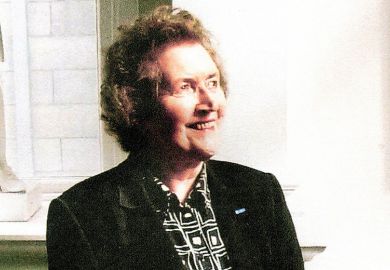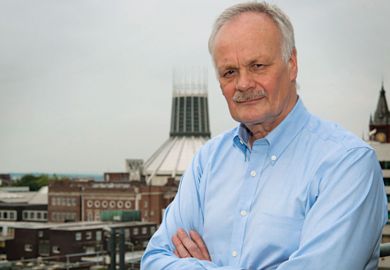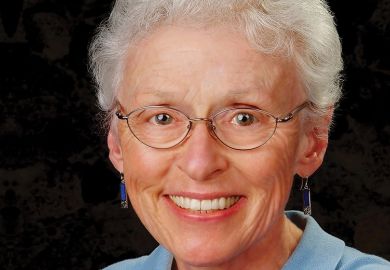A legal scholar who transformed and diversified Columbia University has died.
Michael Sovern was born in the Bronx, New York in 1931 and went to the Bronx High School of Science and then Columbia University (1949-53), the institution to which he would devote virtually his whole career. After going on to Columbia Law School, from which he graduated first in his class in 1955, he worked briefly at the University of Minnesota but joined the Columbia law faculty two years later and was made a full professor in 1960 – the youngest in the university’s history.
An expert in labour relations and discrimination who taught courses on conflict resolution, Professor Sovern found practical applications for his knowledge when anti-war protests broke out at Columbia in 1968. As chair of the faculty executive committee, he adopted a conciliatory approach, writing that he “[could] not regard my students as adversaries”, and was widely respected on all sides. He would later apply similar skills on a wider scale when he helped resolve a contract dispute between New York City and its transit workers and mediated in disputes involving the fire and police departments.
Promoted to dean of the law school (1970-79), Professor Sovern set up the Center for Law and Economic Studies and showed his commitment to diversity by appointing the first female tenured professor, the celebrated judge Ruth Bader Ginsburg, and the first African American faculty member, Kellis Parker. After a brief period as Columbia’s provost and executive vice-president for academic affairs, he became the first Jewish president of the university in 1980.
During his tenure as president, Sovern proved an energetic fundraiser who quadrupled Columbia’s endowment. His political commitments were reflected in his decision to divest the university from owning shares in companies that had dealings with apartheid South Africa and in his efforts to increase the number of students of colour.
Although he stepped down from the role of president in 1993, owing to the illness of his first wife, Professor Sovern returned to teaching in the law school. He later described his long-term involvement with the university in an autobiography titled An Improbable Life: My Sixty Years at Columbia and Other Adventures (2014).
Among Professor Sovern’s many honours, perhaps the most unusual was his elevation to the status of Living Landmark by the New York Landmarks Conservancy, singling him out as a New Yorker who had made an outstanding contribution to the city. He died of amyloid cardiomyopathy on 20 January and is survived by his wife Patricia and four children.
Register to continue
Why register?
- Registration is free and only takes a moment
- Once registered, you can read 3 articles a month
- Sign up for our newsletter
Subscribe
Or subscribe for unlimited access to:
- Unlimited access to news, views, insights & reviews
- Digital editions
- Digital access to THE’s university and college rankings analysis
Already registered or a current subscriber?








